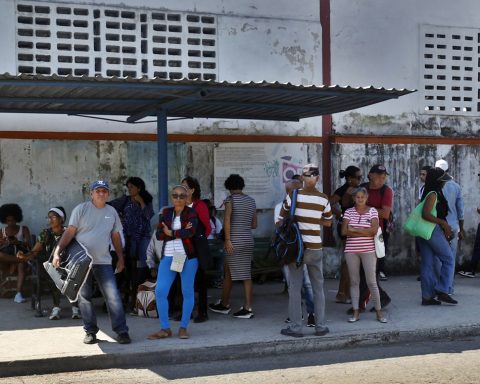The Ministry of Public Health (MINSAP) denied the rumors related to the detection in Cuba of cases with the rare variant of acute childhood hepatitis, reported in almost 200 children in European countries, Israel and the United States.
Dr. Francisco Durán, national director of Epidemiology of the Minsap, told the newspaper Granma that the information about the presence of this disease in Cuba was “totally false and unfounded”, and that it has circulated on social networks in a “malicious manner”.
“WHO released an update about cases of acute #hepatitis of unknown origin among children. So far, at least 169 cases of acute hepatitis have been reported from 11 countries in Europe and in the ??, in children aged from 1 month – 16 years”-@DrTedros https://t.co/SQWBFm4jrJ
— World Health Organization (WHO) (@WHO) April 26, 2022
Until now, the origin of the disease has not been detected, which has manifested itself in patients aged one month and up to 16 years. Its most common symptoms are inflammation of the liver, abdominal pain, vomiting and diarrhea, according to reports from the World Health Organization (WHO). In more serious cases, liver transplants have had to be used to save the patient’s life.
The WHO has declared as a matter of interest in scientific research that there have been no cases of viruses related to the different types of known hepatitis in sick patients, which sets the bar higher for specialists.
Until now, scientists suspect that the cause of this hepatitis, which can be included among rare diseases, may be an adenovirus that is spread through the air. It could be F 41, as they specify a more aggressive variant of this type of virus, although they do not rule out that it is an unidentified virus.
The WHO, among its recommendations to avoid infection, indicates that measures similar to those that have been used to stop the COVID-19 pandemic should be adopted, including hygiene with hand washing, as well as covering the mouth when coughing and sneezing.

















